Honesty and Transparency in Marketing
In this week’s article, we’re talking about honesty and transparency in marketing, as told through two recent case studies experienced by our clients.
During the pandemic lock down, we were emphasizing to all of our clients the need for empathy and transparency. And empathy is still key. But in a crisis, if your brand is known for honesty and transparency, it can survive and thrive even if you feel under attack.
Over the Summer of 2023, two of our clients each experienced crises not of their own making. Yet, with honesty and transparency, each company waded through difficult challenges and came out the other side.
Case Study #1: Shocking Employee Arrest
Most employers, but especially small businesses, don’t have the resources (or the desire) to monitor the personal lives of employees everywhere, all the time.
So it came as a surprise to one of our clients recently when the local news was running security video with a “Have you seen this person?” headline — and they HAD. This was one of their own employees!

Ultimately, this employee was arrested at work for hate crimes of all things. This didn’t happen at work, and the behavior violated published company policy (not to mention the sensibilities of this family-owned company). Yet, when the arrest occurred at their place of business, our client became roped into the story.
When word got out, the company was dragged into an emotionally-charged environment — even receiving death threats. Our response had to be swift. After a lot of deliberation, we settled on a concise, honest, transparent statement that:
- Acknowledged the facts;
- Drew a line between the (now former) employee and the company;
- Clearly communicated disapproval;
- Made a commitment to learn from the incident.
As news cycles do, over the next 7-10 days the story fell from prominence. And while damage was done, it was minimized with honesty and transparency.
Case Study #2: Fraud Accusations
Meanwhile, another client was caught up in fraud accusations by a bad actor using a similar company name. Honesty and transparency were key to dealing with the onslaught of angry callers who were mistakenly identifying our client as the culprit.
Medical insurance fraud is serious business. And we’re all told to look for telltale signs; but especially older Americans on Medicare and Medicare Alternatives. So when a bad actor started fraudulently billing innocent people, and they started receiving claim notices from their insurance companies for things they never ordered, alarms started going off.
However, there are multiple companies in the US operating with similar names, all in healthcare-related fields. And people did a very normal thing when they received these claim notices they knew were fraudulent; they did a web search. Thanks to our superior SEO, what they found is our client’s website and phone number.

And assuming that’s who they were looking for, they started calling. Again, angry and threatening calls. “I know what you’re doing!” After fielding several of these calls, our client had figured out what was happening and reported it to Medicare’s fraud unit. But the calls kept coming, and people (aware they were being taken advantage of) were in no mood to be reasonable.
Ultimately, the call volume reach a peak and we determined a statement needed to be added to the website, along with instructions on how to stop the fraud and (hopefully) bring the perpetrators to justice. We executed a multi-part plan:
- We built a page on the website entitled “How To Report Insurance Fraud” that:
* Showed empathy
* Agreed that fraud is bad for all of us
* Told the truth (it’s not us)
* Then gave instructions
* And, most importantly, told our story (family company, 16 employees, etc.) so people would think twice about trashing us online; - We featured that post on the home page with the link “If You’ve Received a Suspicious Insurance Claim, Click Here”;
- We created an infographic for posting to social media that links back to the fraud page.
Moving quickly to intercept people who suspected fraud and giving them a place to direct their anger resulted in two key outcomes:
- Most people gave us the benefit of the doubt;
- Some people even felt bad for us.
Ultimately, honest and transparency saved the day. The calls slowed to a trickle, and then stopped. And meantime Medicare and other private insurers put a stop to the fraud that was happening.
Marketing is a Broad Concept
This idea of honesty and transparency in marketing goes far beyond ad copy or what you say in your website. It’s an overall approach to messaging that frames your brand, and every interaction people have with your brand.
If you’d like to talk more about this with our team of professional marketers, we offer a free initial consultation to talk about anything you want. Just let us know what’s on your mind and we’ll bring the right experts to the call.
You can also subscribe to our free e-mail newsletter about Local Marketing that features updates about articles like this as they get published to our Local Marketing Blog.
Learn more about our agency here.
Thanks for visiting today!






